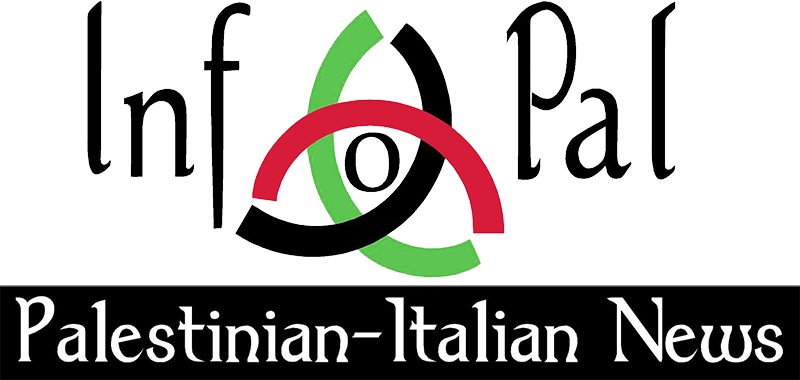WikiLeaks unveil Saudi corruption, Alkhalifa crimes exposed in Geneva
The Saudis have been infuriated by the exposure of their secret immoral dealing and wheeling contained in the documents released last week by WikiLeaks. The anonymous hackers have published 70,000 secret documents containing classified Saudi information. A spokesperson for the WikiLeaks said: ”It’s just the beginning”. Icelandic investigative journalist and spokesperson for the WikiLeaks organization Kristinn Hrafnsson told Russia Today: “We are seeing how the oil money is being used to increase influence of Saudi Arabia which is substantial of course – this is ally of the US and the UK. And since this spring it has been waging war in neighboring Yemen,” On Friday 19th June, the whistleblowing website released the first tranche of secret government files, providing an insight into the kingdom’s interior and foreign policies. Hrafnsson said that this is “only one tenth of the documents that we have which, will be released in the coming weeks.” It is a strong blow to the Saudis who have, for decades conducted corrupt policies and created suspicious links with individuals and organisations including terrorist networks. The world is now more informed of the true nature of this most dictatorial reactionary backward regime.
In Bahrain, the situation is becoming more tense as the people escalate their resistance to the Alkhalifa regime. Dr Abdul Jalil Al Singace, one of the Bahrain 13, has been on hunger strike for more than three months protesting the ill-treatment of prisoners. He has lost more than 25kg and developed several complications in his respiratory and blood circulation systems. Yet the regime has continued its attacks on native Bahrainis. From 15th to 21th June 2015 at least 22 people were arrested including one woman and nine children. Yesterday seven young men from Duraz Town were arrested in house raids by masked members of the regime’s Death Squads. Ali Sa’ad, 30, has been detained and remanded in custody for one week for joining a protest in Sanabis in support of Dr Al Singace. He is blind in both eyes and was imprisoned three times before.
The situation in the prisons has remained precarious. Families visiting their sons have been told that many prisoners are still kept in tents outside the prison buildings in souring temperatures reaching 50 degrees. Many prisoners have been denied medical care and prevented from buying their basic needs from prison shops. They are allowed to go to toilet only three times a day. They also receive regular torture especially beating with canes.
Lars Adaktusson, a Swedish Member of the European Parliament, has written an article titled “Bahrain on the wrong track”. Referring to the arrest and imprisonment of Sheikh Ali Salman, he said: “The development in the small gulf state Bahrain has been on the wrong path since the uprising in the wake of the Arab Spring in 2011”. He added: “The individual examples of human lives affected by this development are many. One such example is the Swedish citizen Mohammed Habib al-Muqdad who in 2011 was sentenced to 46 years in prison for participating in the uprising. As a well-known dissident, al-Muqdad had often been critical of the regime. Now he is silenced as a prisoner of conscience under difficult circumstances.” He also referred to the imprisonment of Nabeel Rajab and concluded: “The Swedish government must intensify its efforts to get Mohammed Habib al-Muqdad free. Sweden and Europe must raise their voices for the vulnerable minorities in the Middle East. Whether they happen to be Christian, Yazidi, Jews, Kurds, Sunni or as in this case Shia Muslims. Stability and human rights are not opposites.
As the United Nations International Day in Support of Victims of Torture (26th June) approaches, Bahrainis are working hard to tell the world of the horrific stories of their thousands of torture victims. In Geneva Bahraini human rights activists and their supporters have intensified their efforts at the ongoing 29th session of the Human Rights Council. ADHRB (Americans for Democracy and Human Rights in Bahrain), BIRD (Bahrain Institute for Rights and Democracy) and The Bahrain Centre for Human Rights have been active in lobbying for the Bahraini cause and communicating with the activists in the field. They formed an active team to coordinate their activities, addressed the council session many times and held tens of meetings with officials from the Human Rights Council, the Special Rapporteurs and representatives of other countries. They are supported by the families of the torture victims who ventured out of the country to tell the world the stories of the “systematic torture” which is now camouflaged by sweet talk proposed by their London supporters. Other Bahraini human rights activists are present in Geneva, including the Bahrain Observatory of Human Rights.
Bahrain Freedom Movement
24 June 2015
